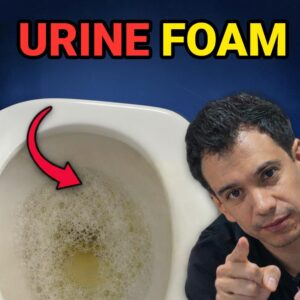Why You Drool in Your Sleep — And Why It’s Totally Normal
Waking up to a damp pillow can feel embarrassing, but drooling during sleep is much more common than you think. It’s not a sign of poor hygiene — it actually reflects how your brain and body function while you rest.
Why it happens:
Nighttime drooling, or nocturnal sialorrhea, occurs when saliva production exceeds what your mouth can hold. During the day, we constantly swallow and control saliva, but at night our facial muscles relax and swallowing slows down, allowing saliva to escape. Sleeping on your stomach or side can make it worse because gravity helps the saliva flow out.
What affects it:
Nasal congestion, mouth breathing, certain medications, or health conditions can increase drooling. So can alcohol, smoking, salty or spicy foods, and dehydration. Even stress and anxiety can alter sleep patterns and cause more drooling.
In children and adults:
Kids drool more because their mouth coordination isn’t fully developed. In adults, jaw shape, dental alignment, or dentures can contribute.
The bright side:
Saliva protects teeth, aids digestion, and keeps the mouth hydrated. So even if it leaks, it’s a sign your body is still maintaining balance while you sleep.
How to reduce it:
Try changing your sleeping position, staying hydrated, avoiding heavy or spicy foods before bed, and treating nasal congestion. If drooling persists, a dentist or sleep specialist can help.
Bottom line:
Drooling is a normal, harmless process that shows your brain and body are still hard at work — even while you’re asleep. The next time you wake up with a wet pillow, take it as proof that your body is quietly doing its job.





